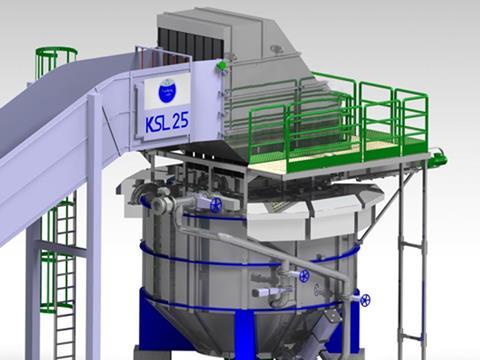
Repulping Technology claims that its new innovation separates fibres from composite materials in a more efficient way when compared with conventional technology.
According to the company, conventional pulpers always use the same principle: after water supply, the separation takes place with friction forces and shear stresses. In contrast, its own innovation makes use of cavitation – or rapid pressure changes that lead to the creation of vapour bubbles which causes the formation of small fractures in a material. In this way, Repulping Technology is making the most of a phenomenon that is viewed as undesirable in many engineering contexts.
In terms of a practical example, this innovation can reportedly separate the paperboard and PE elements within a conventional coffee cup with great efficiency.
Repulping Technology argues that its cavitation pulper provides companies with benefits in the fields of resource efficiency (increased fibre yield), environmental efficiency (lower CO2 emissions), production efficiency (minimised fibre damage), and energy efficiency (shorter process time).
The product recently received first place in the Innovative Technologies and R&D category at the 2019 European Paper Recycling Awards. These awards are targeted at projects, initiatives and campaigns that improve the sustainability of Europe in a significant way with their support of the improvement of paper recycling.
"The technology we developed is establishing us as a pioneer in the field of innovative recycling ideas. Our customers benefit from a significant increase in the recycling rate of raw materials and energy efficiency in their processes. In order to meet the requirements of the changed legal situation, such as the new packaging law, the industry is well equipped with the new technology," said Ulrich Neumüller, Managing Director of Repulping Technology.
Commenting on the success of the innovation, Jytte Guteland, MEP said: "With the Green Deal, the EU has developed a new ambitious leadership to become the world’s first climate-neutral continent. In order to achieve our EU climate change targets, such innovative technologies are urgently needed. The time is more than ripe for this."










